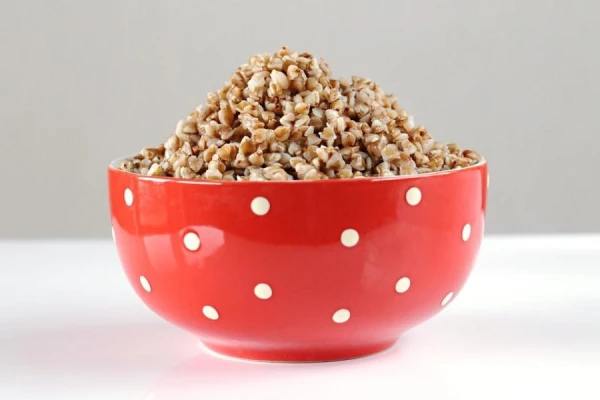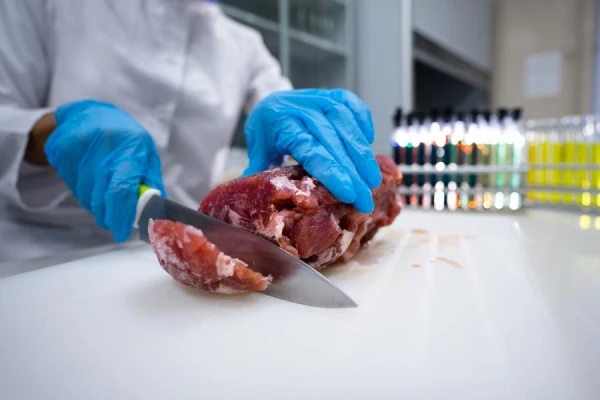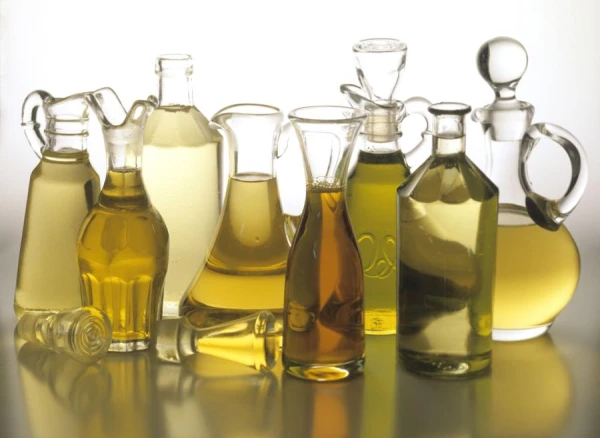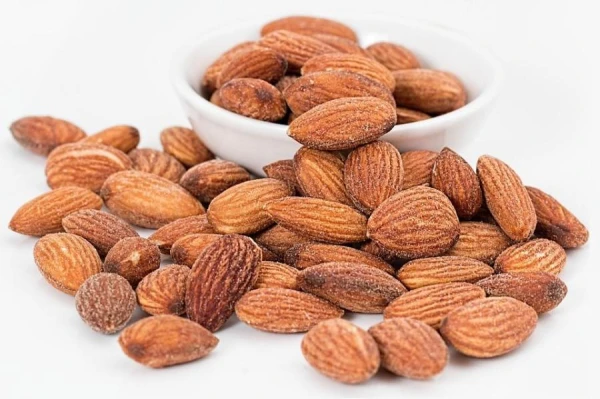
Researchers from the University of Chicago found that the trans fatty acid found in red meat, milk, and other products may help immune cells more effectively deal with tumors.
Trans fatty acid (or vaccenic acid) is present in significant amounts in dairy and meat products obtained from ruminant animals. Apparently, this compound activates T-cells, which play a key role in the immune system, helping the body fight microbes and protect against diseases.
Before drawing such conclusions, scientists from the United States conducted an analysis of a database containing about 700 known metabolites that enter the human body through food. From this array, they identified six of the most promising metabolites capable of influencing the fight against cancer through the activation of CD8+ T-cells of the immune system.
The most effective was the trans fatty acid found in breast milk. Researchers conducted a series of experiments with laboratory mice that were switched to a diet high in this acid. As a result of the analyses, it was found that such a diet significantly slowed the growth of melanoma and colorectal cancer tumor cells, as well as enhanced the ability of healthy cells to penetrate tumors and attack them.
To expand the research, scientists also analyzed blood samples from patients with lymphoma undergoing immunotherapy. The results showed that people with higher levels of trans-vaccenic fatty acid in their blood responded better to treatment compared to those with lower levels.
What is the nuance?
Despite such impressive results, the authors of the study do not recommend that people increase their consumption of red meat and dairy products to the maximum.
The recommended daily intake of red meat is 148 g per day, optimally consumed 1-2 times a week. As for milk and dairy products, an adult should not drink more than 0.5 liters of pure milk and more than 2 cups of fermented dairy products per day.
There is also good news: researchers are looking for similar compounds in plants that possess equally powerful properties in the fight against tumors.













